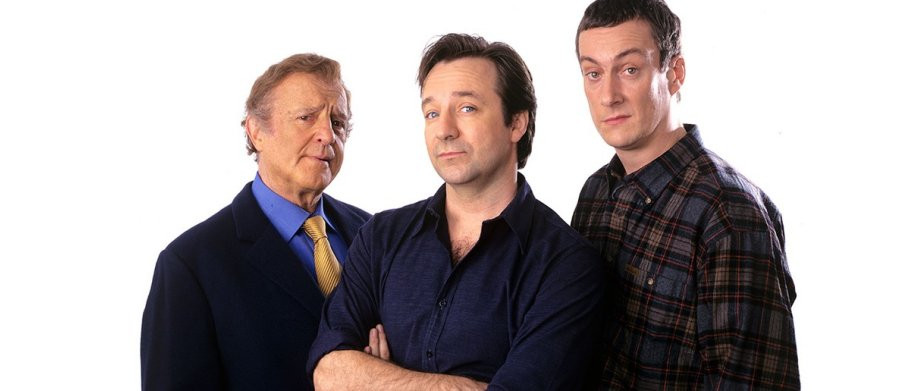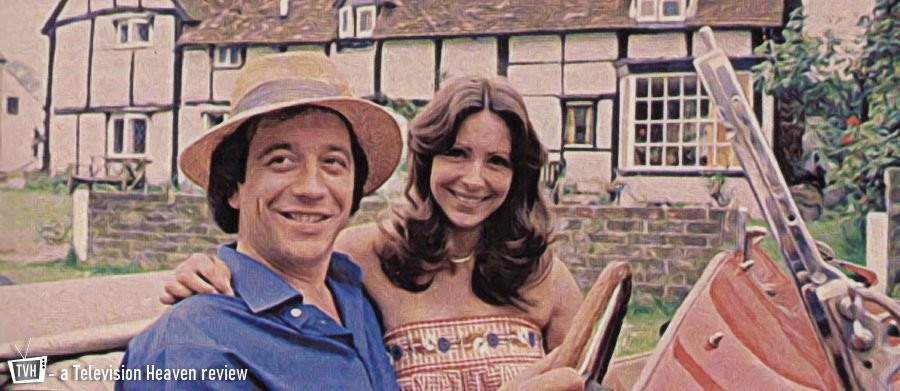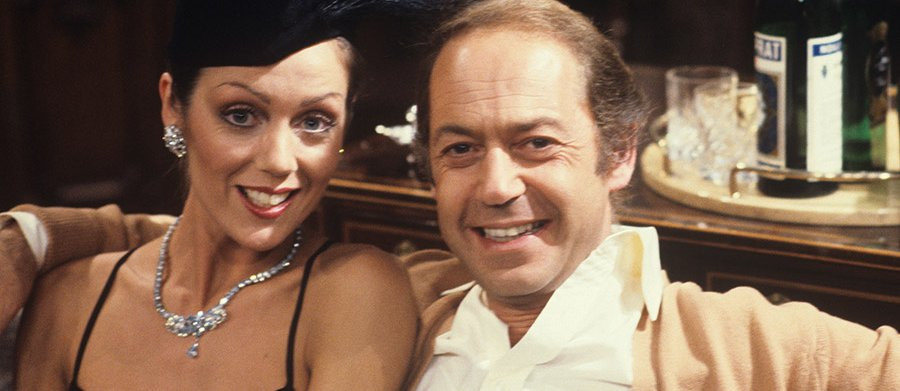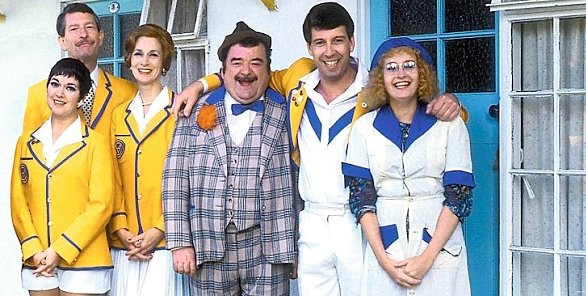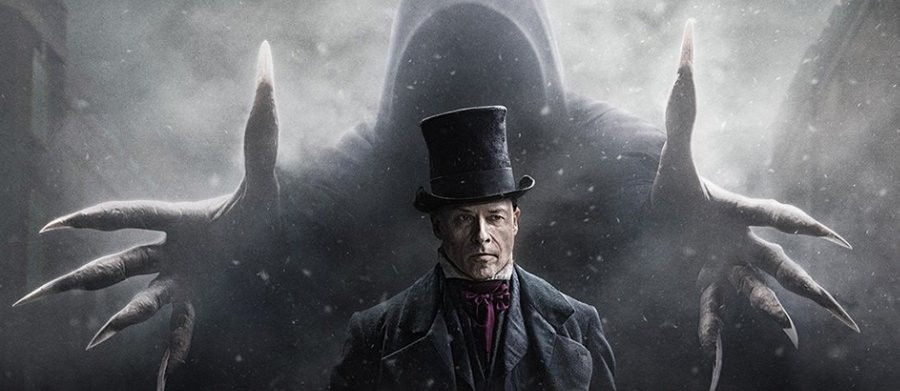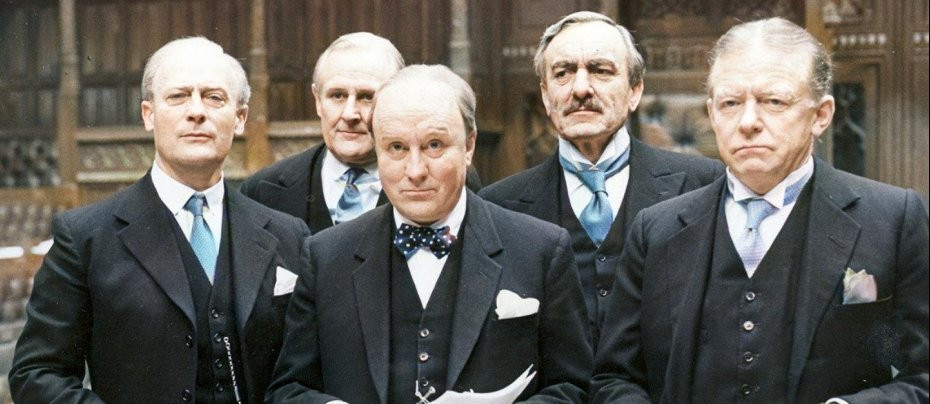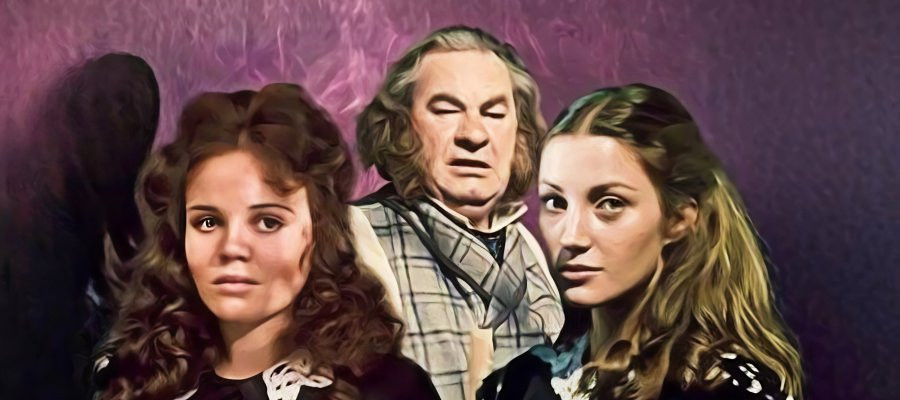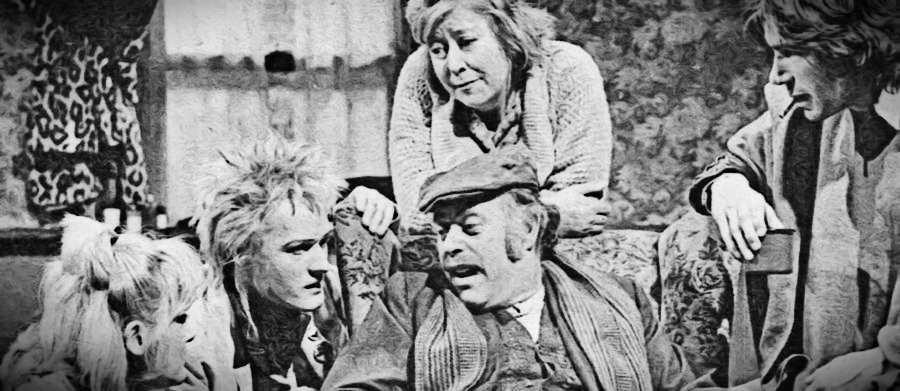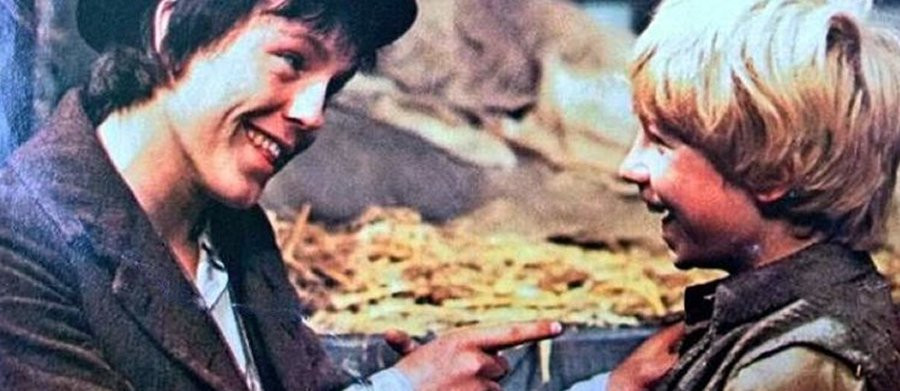
The Further Adventures of Oliver Twist
1980 - United Kingdom‘Oliver Twist’, or to give it it’s full title ‘Oliver Twist; or, The Parish Boys Progress’ first appeared in print under Charles Dickens’ pseudonym “Boz” from 1837 to 1839 in the English literary magazine ‘Bentley’s Miscellany.’ The novel was the first of Dickens works to depict the reality of an impoverished London, particularly its criminal element, illustrating his belief that poverty leads to crime. Dickens himself was well placed to write about the hardships of the impoverished city where crime and murder were commonplace. His father had been sent to debtors’ prison and as a youngster Charles had grown up in poverty.
The novel follows the journey of Oliver from the workhouse where he grew up to being sold to an undertaker, fleeing to London and being recruited by a gang of pickpockets led by an infamous criminal by the name of Fagin. By the end of story, Oliver is adopted, the gang is broken up and Fagin is sent to the gallows.
The first television production of Oliver Twist was made by the BBC in 1962. Presented in an early evening slot on Sundays it was a faithful reproduction of Dickens’ original novel. As such, it was a grim and psychologically dark version and the final episode, in which Bill Sikes brutally murders Nancy, caused a storm of complaints from shocked viewers - leading Children’s Head of Drama, Owen Reed, to criticise it for being too disturbing for young viewers. It wasn’t until 1985 that the BBC would make another version.
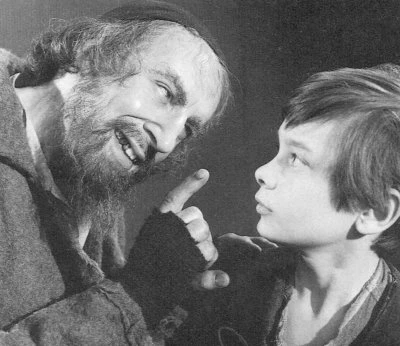
It was at Granada television that the germ of an idea led to The Further Adventures of Oliver Twist. A group of well-known writers had been challenged to create their own sequels to popular classic novels. Almost a decade after this challenge, David Butler, who had been present when that challenge was laid down and was a lifelong fan of Dickens’ works, as well as being an expert on nineteenth century Britain, approached ATV with view to making the sequel into a 13-episode series. Butler had a good track record in writing popular series for television with Edward Vll, Disraeli and Lillie firmly behind him.
Butler, interviewed at the time, spoke of his motivation for the sequel and how the plot developed:
“At the end of his book Dickens wrote two pages of speculative ideas on the possible fate of his characters. When I was commissioned to write this series, I went through the book imagining I was Dickens and taking various story strands and developing them. I also adopted Dickens’ tendency to rely on coincidence in bringing characters together.
“In my plot, Oliver is sent to public school by his rich guardian, Mr Brownlow – as he most certainly would have been. The Artful Dodger, who was to be transported to Australia, has his sentence quashed because of his youth. And a well-meaning society tries to reform him…by sending him to the same school as Oliver.
“Fagin, due to be executed, cunningly manages to obtain his freedom. And later, the two boys run away from school to rejoin him.”
The boys are forced to run away because of Oliver’s evil half-brother, Monks (Geoffrey Larder), who plants Mr Bumble (Harold Innocent) at the school. Determined to rid himself of Oliver, Monks is also in league with the double-dealing Noah Claypole (Leonard Preston) who is in possession of vital documents that will prove Oliver’s ancestry and therefore access to his inheritance.
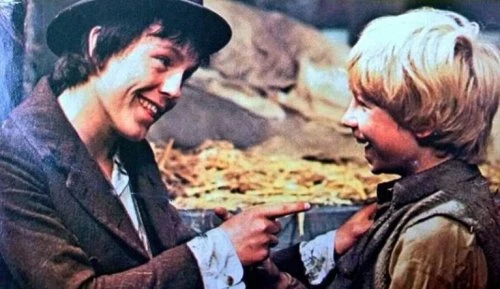
Playing the role of Oliver was 14-year old Daniel Murray in only his second television role. He didn’t see his future as an actor. “I should think I shall aim my sights at the law or accountancy” he said in interview. He only appeared in one more television production and sadly passed away in 1999 at the tragically young age of 33.
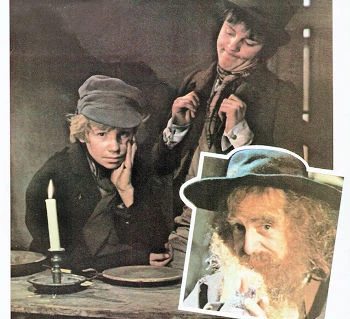
The Artful Dodger was played by John Fowler, already a veteran of television roles at the age of seventeen and not unfamiliar with the work of Dickens, either. He had appeared in the series Dickens of London in 1976. Fagin was played by David Swift who had previously appeared in the BBC soap opera Compact. Swift went on to have an illustrious career on television but is probably best remembered as news anchor Henry Davenport in the C4 sitcom Drop the Dead Donkey. Pauline Quirk also starred in the series.
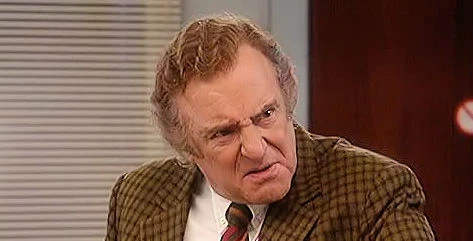
David Butler deliberately left some loose ends at the end of the series, possibly in the hope that a second series would be commissioned. Whether this was intended or not is unknown because the programme maker Associated TeleVision lost its broadcasting franchise in 1982. The series has, at the time of writing, never been made available on video or DVD.
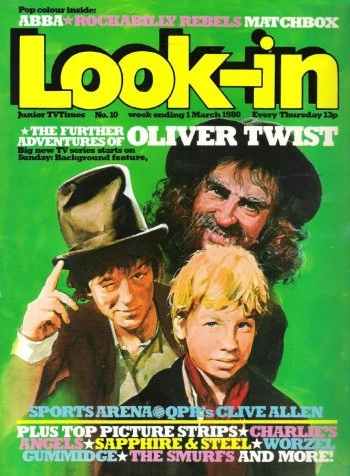
Seen this show? How do you rate it?
Seen this show? How do you rate it?
Published on March 22nd, 2020. Written by Marc Saul for Television Heaven.



